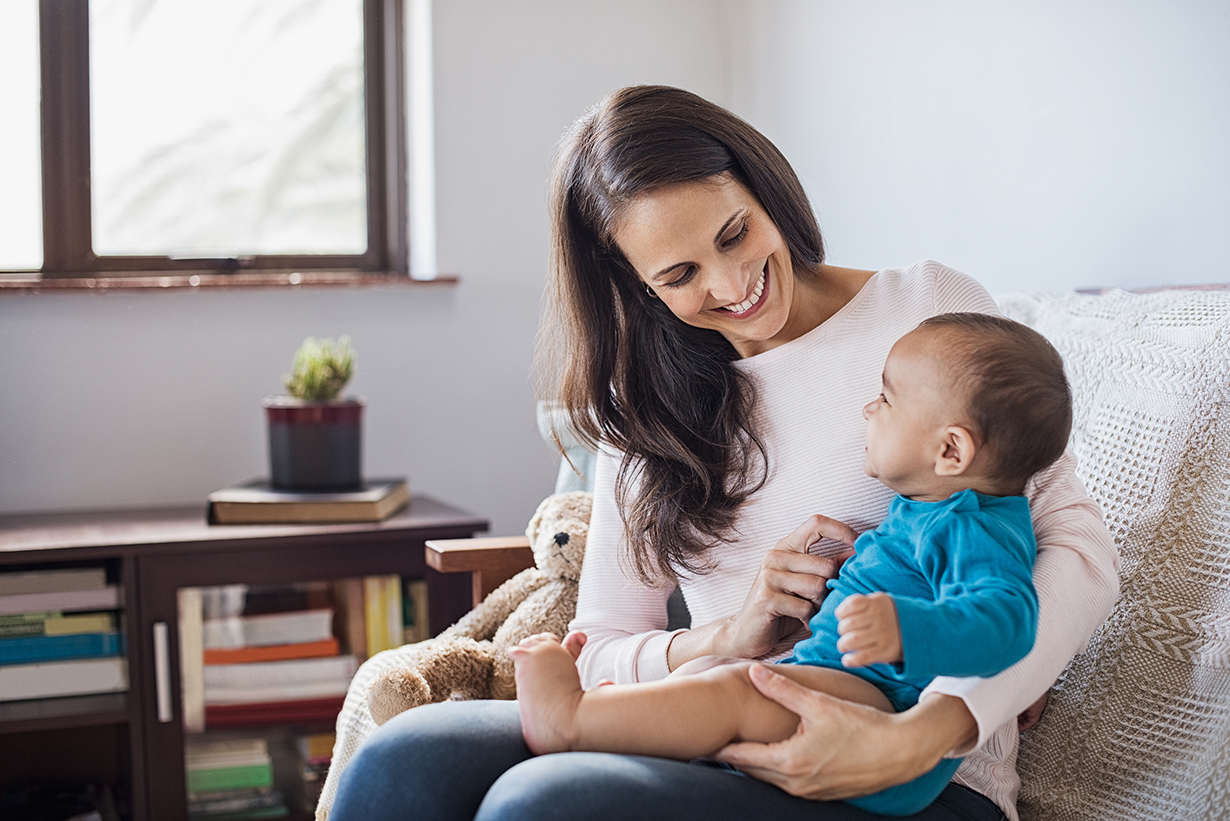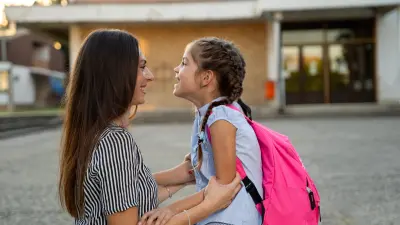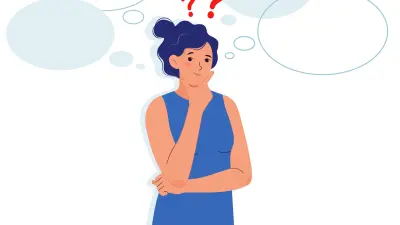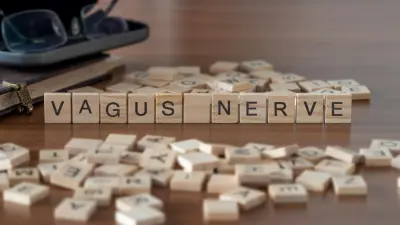Have you ever heard of the 30-million-word-gap?
Here’s the gist: A study done in 1995 revealed that children from lower-income families heard about 30 million fewer words in the first three years of their lives than those from higher-income families. And why did that matter? Well, the study also uncovered evidence that the gap was responsible for those lower-income kids’ smaller vocabulary, language development, and reading comprehension.
Initially, lower socioeconomic status was thought to be a factor in part because it could account for fewer books, and even televisions in the home—sources from which wealthier kids could glean more vocabulary. However, a new study has shed more light on the subject and leveled the playing field when it comes to encouraging greater language development in all children.
The answer?
Having a conversation. Yep, it’s really that simple.

According to the study, researchers had children (ages 4-6) wear a recorder that was able to measure the number of words spoken by the child, to the child, and, consequently, the number of back-and-forth conversations held between the child and an adult over the course of observation. Unquestionably, the children who had more back-and-forth conversations had higher rates of activity in the speech production and language processing part of the brain, and subsequently scored higher on language comprehension assessments.
Parents who engage their kids in conversation, even from before the time children can form actual words, are giving them a huge leg up socially and scholastically. The cool thing about this discovery is that we needn’t have the fear that socioeconomics plays as much of a role as once thought.
When the resource is conversation (and a little time), it’s pretty easy to come by.
See More on TodaysMama.com!
5 Ways Parents Can Raise a Body-Positive Kid








Leave a Reply